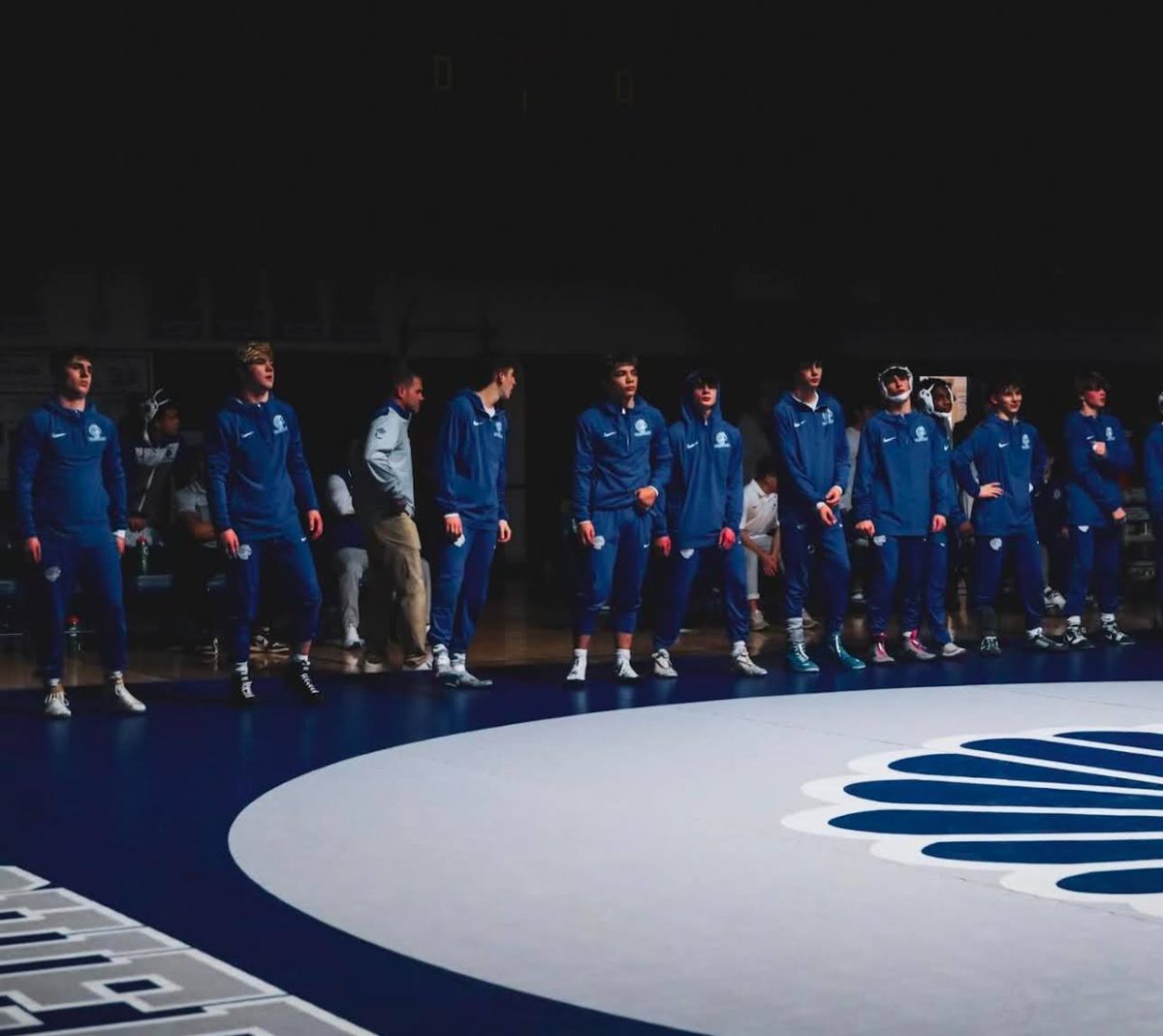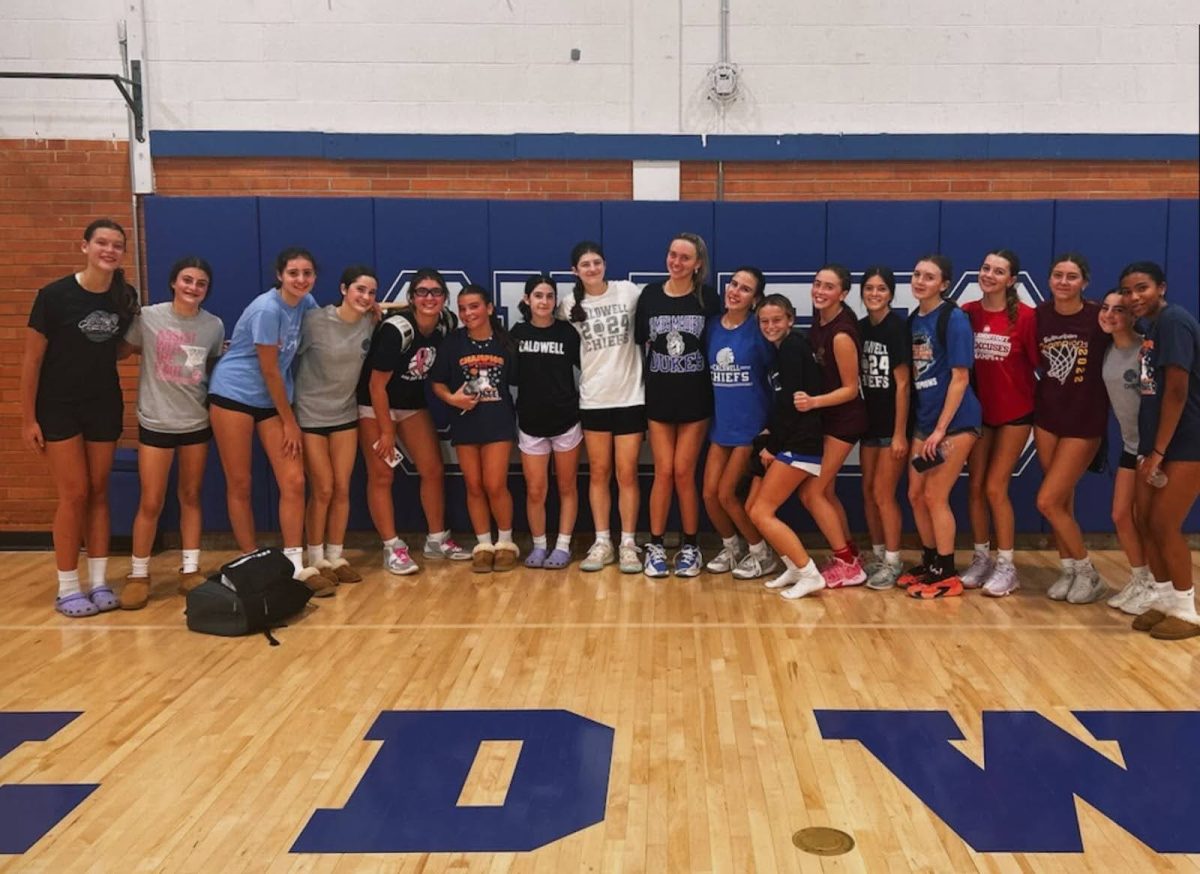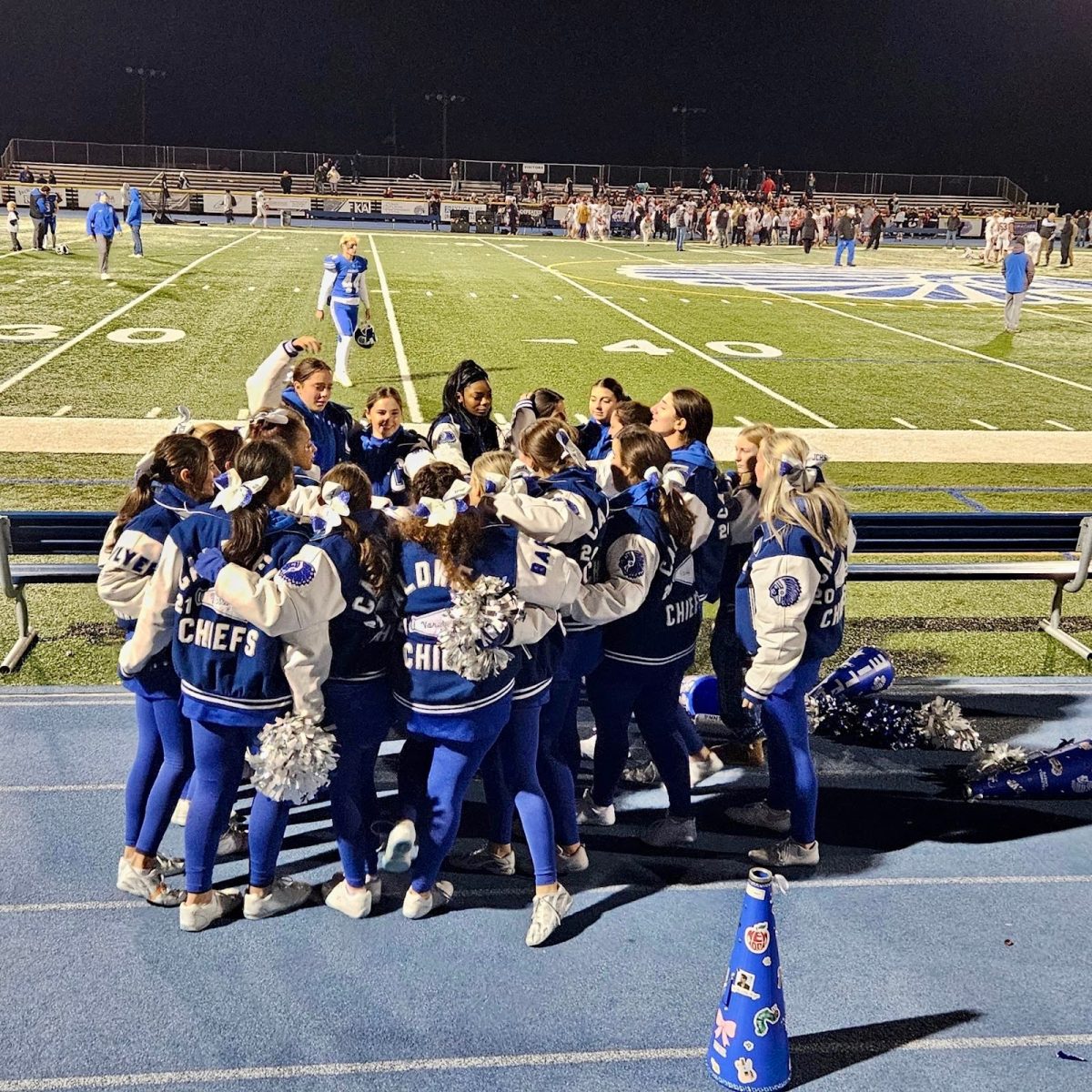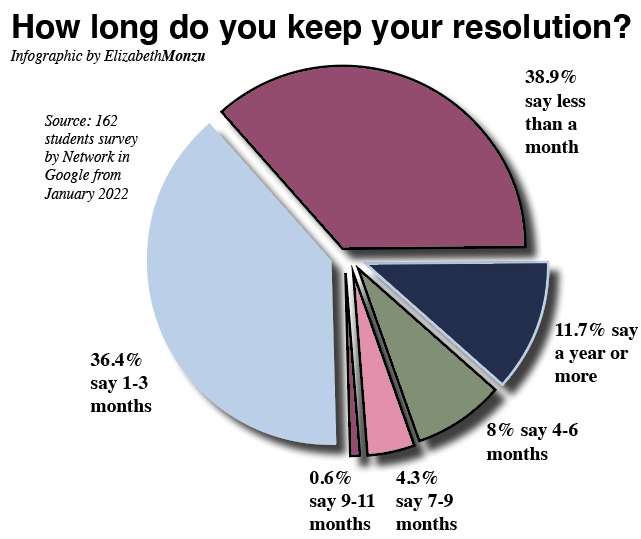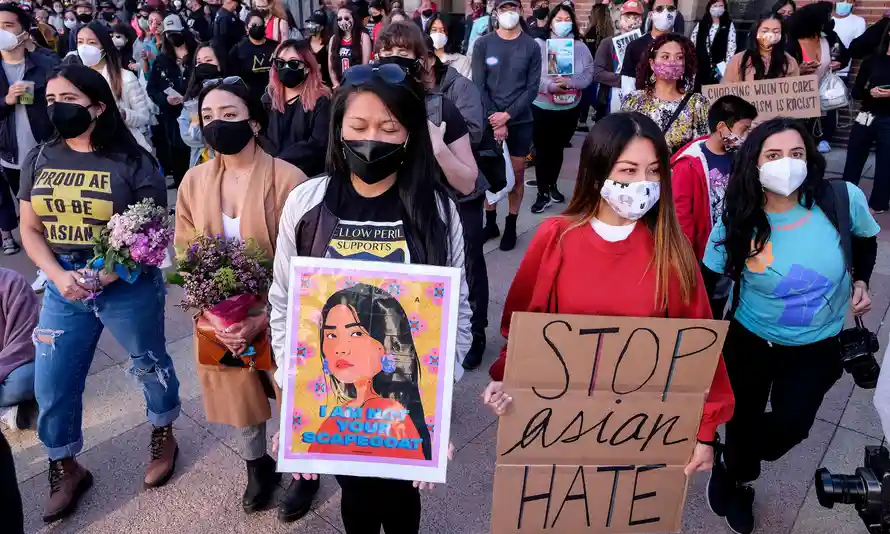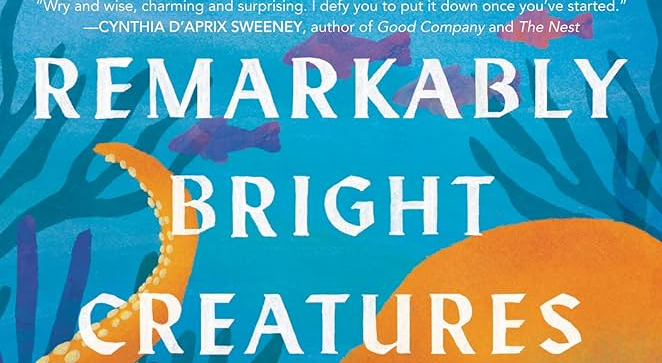On March 16, suspect Robert Aaron Long shot and killed eight people at three separate spa locations in Atlanta, Georgia. The victims include: Daoyou Feng, Soon Chung Park, Delaina Ashley Yaun, Hyun Jung Grant, Sun Cha Kim, Xiaojie Tan, Yong Ae Yue, and Paul Andre Michels. Elcias Hernandez-Ortiz was also a victim to Long’s shootings, but has fortunately survived and is now recovering in the hospital’s intensive care unit. The shooter began in Cherokee County, shooting four and injuring one at Young’s Asian Massage. 45 minutes later, he continued his attack at Aromatherapy Spa and Gold Spa in midtown Atlanta.

Though the suspected killer claimed that neither race nor gender played a role in his actions, six of his eight victims were of Asian descent and seven were women. Instead, the suspect reported to authorities that “he blamed the massage businesses for providing an outlet for his addiction to sex.” Many people, including a former customer of spa owner Xiaojie Tan, vehemently rejected this statement, since there has been a recent influx of hate crimes towards those of Asian descent. Long is currently facing four counts of murder in Cherokee County, as well as one of agravated assault. He also faces four counts of murder in Midtown Atlanta. The investigation is still taking place to determine if Long will also face charges of hate crimes based on race and gender. A court date has not yet been set, since Long waived his first court appearance.
Although this tragic incident has received the necessary coverage from news outlets across the nation, it has brought attention to other potential hate crimes that go unseen by the public eye. Research released from Stop AAPI Hate detailed that they received 3,795 reports of hate, racism, and xenophobia from March 19, 2020 to February 28, 2021. This information came out the same day as the Atlanta shootings. The nonprofit organization was founded in March of last year in an effort to prevent discrimination during the Coronavirus pandemic. While this document only covers a fraction of the hate crimes that actually occur, it shows “how vulnerable Asian Americans are to discrimination, and the types of discrimination they face” (Jeung 1). Personal accounts of verbal harassment, physical assault, shunning, civil rights violations, vandalism, and more are all given in the document. Anti-Chinese rhetoric has spiked in recent times and has potentially been exacerbated by the use of the phrase “China virus” from former President Donald Trump throughout the pandemic.
Asian women seem to be particularly vulnerable. The document showed that Asian women were 2.3 times more likely than Asian men to experience and report a hate crime. In an article from the National Network to End Domestic Violence (NNEDV), Morgan Dewey discusses the hypersexualization of Asian American women, and how this factor leads to objectification or even violence. Dewey states, “the everyday racism and sexism against Asian women yields deadly results, as this dehumanization creates a climate that makes violence excusable,” (Dewey). Although this was written in 2016, her words unfortunately still hold true today, proven by the data collected in the Stop AAPI Hate report.
If you would like to help, please visit https://stopaapihate.org/ to read more about the racism against Asian American Pacific Islanders and their communities. If you would like to donate, please visit https://www.gofundme.com/c/act/atlanta-area-spa-shootings-fundraisers , to help the families of the Atlanta shootings victims.
Sources:







